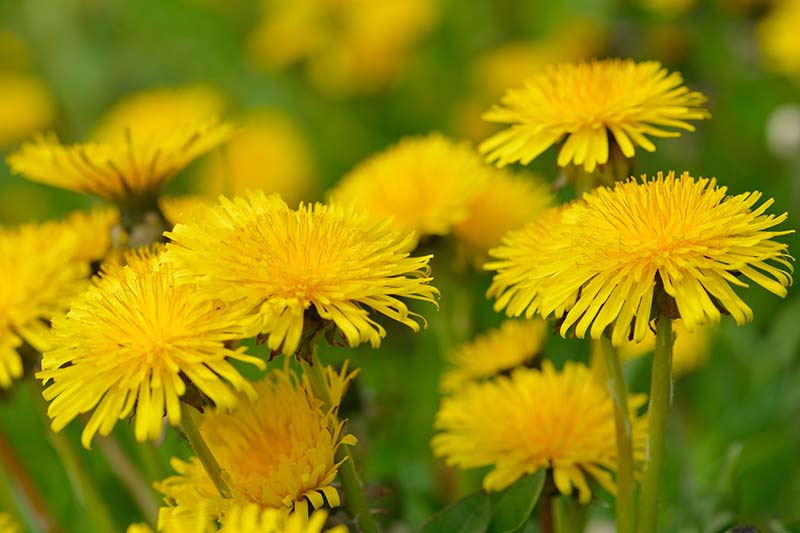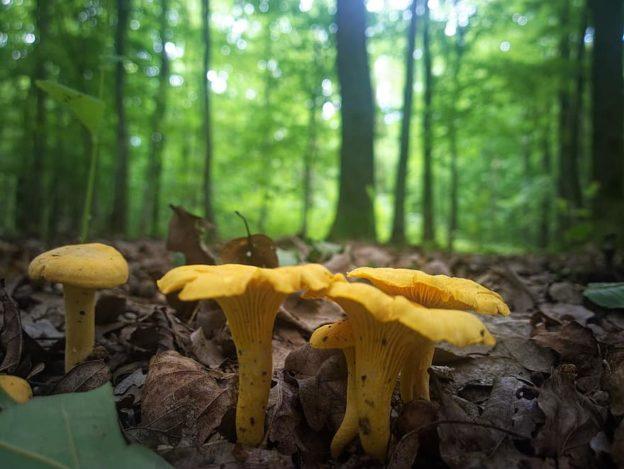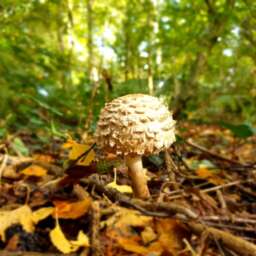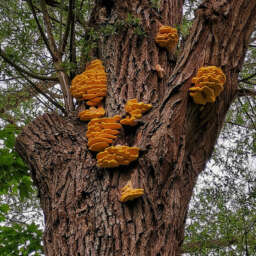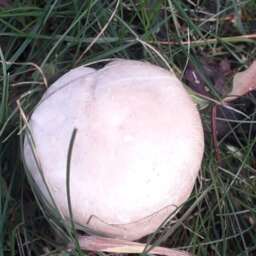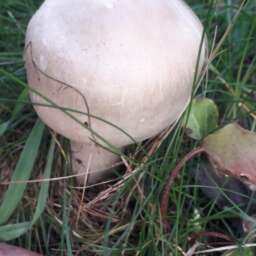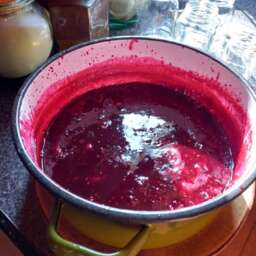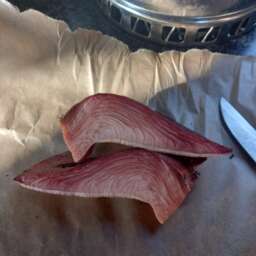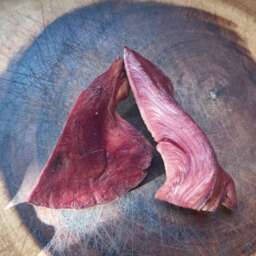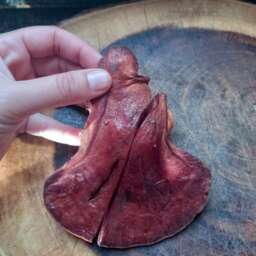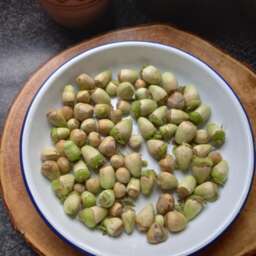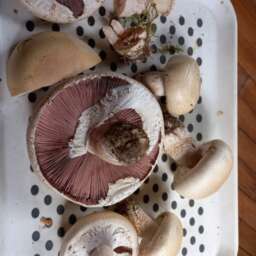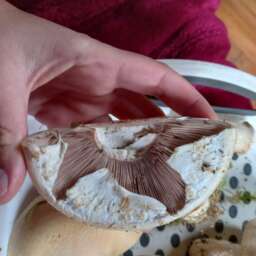In the UK, the month of May brings forth a plethora of edible delights, from vibrant wildflowers to succulent mushrooms.
Tag: Wild Strawberries
5 Edible Things To Forage In July
Foraging In the UK in July
Summer is well and truly in the air and looks like its going to get very hot in the coming weeks. Lets hope for a bit of rain at least.
There are so many great things to forage around this time of year and i have listed some of my favorites here.
Two of the early summer berries, Wild Strawberries and Bilberry which are always worth looking for, Giant puffball and Chanterelle mushrooms for the fungi lovers like me and the abundant and easy to find Pineapple weed.
Lets get stuck in with 5 edible things to forage in the UK in July
Wild Strawberries

Wild Strawberry Foraging In July
Wild strawberries are much smaller than the strawberries you may be used to, but they pack in far more flavor than the ones you may buy in the supermarkets and they are free.
Wild strawberries (also called woodland strawberries) are commonly found in hedgerows and woodland between April to July. As mentioned they are much smaller and have small white flowers which can help identify them.
Wild strawberries can be eaten however you like. In salads, in deserts, with ice cream. Wild strawberries are so full of flavor why not just enjoy them on their own.
Giant Puffball

Giant Puffball Foraging In July
The giant puffball is the king of all puffball mushrooms. They can grow up to a colossal 90cm in Diameter but most puffballs found will be between 10cm and 60cm.
Giant puffball mushrooms are mostly found in meadows, fields, and deciduous woodland and forests. Expect to find them at their best between summer through to late autumn
It is the large, white, young giant puffballs to look out for as this is when they are edible when the interior is still white. More mature puffball’s interiors will start to turn yellow/green/brown. It can be dangerous to eat them at these points due to the spores.
Giant puffball mushrooms should be cooked after the skin has been removed.
Bilberry

Bilberry Foraging In July
Bilberry are a great early summer berry to pick if you can find them. You will have more luck in the North and West of the UK where they seem to be more abundant.
Bilberry is a low-growing plant than can be found in moorland, woodland, and mountains at higher levels.
bilberry can be identified as a dark purple/blue berry with red flesh on the inside. The top of the bilberry has a kind of crown or cog sitting on it as seen in the pictures.
Bilberry can be eaten raw when they are fully ripened. They can also be cooked with, made into preservatives, made into bilberry smoothies, and even made into gin.
Chanterelle mushrooms

Chanterelle Mushroom Foraging in July
Chanterelle mushrooms are one of the favorites amongst foragers and July brings us to the start of the Chanterelle mushroom season.
Chanterelles can be found mostly in coniferous or beech woodland, and prefer mossy, damp, low-lying environments.
Chanterelle mushrooms are fairly easy to identify with their funnel-shaped caps and golden skin color. They smell slightly of apricots and have false gills running down the outside shaft.
These mushrooms have a great mushroomy texture with a peppery taste which makes them perfect for cooking with.
Pineapple Weed

Pineapple Weed Foraging in July
Pineapple weed is in abundance this time of year. This is a very common plant that is known for not only being edible and tasty but also for its medicinal benefits.
Pineapple weed can be identified by its yellow pineapple-shaped flowerheads feathery bright green leaves and its wonderful aroma.
Pineapple weed, also called wild chamomile, grows on rough bare ground such as gravel driveways, roadsides, and tracks.
Pineapple weed can be eaten raw and is often used in salads, dressings, preservatives, infused tea, and many more uses.
